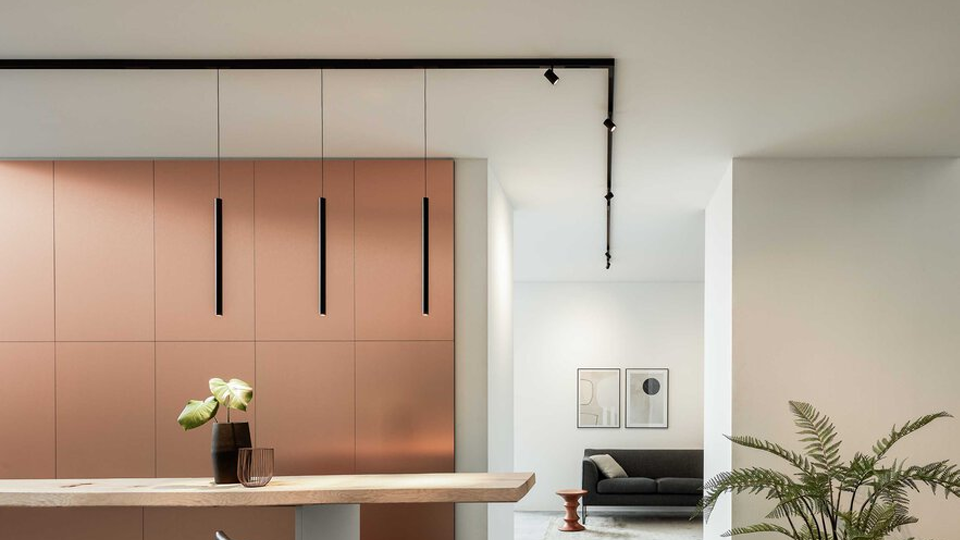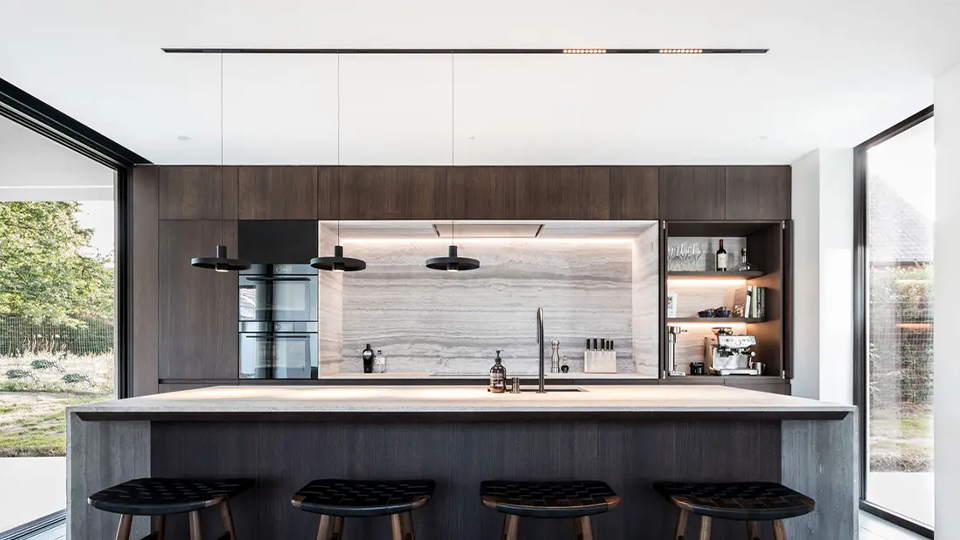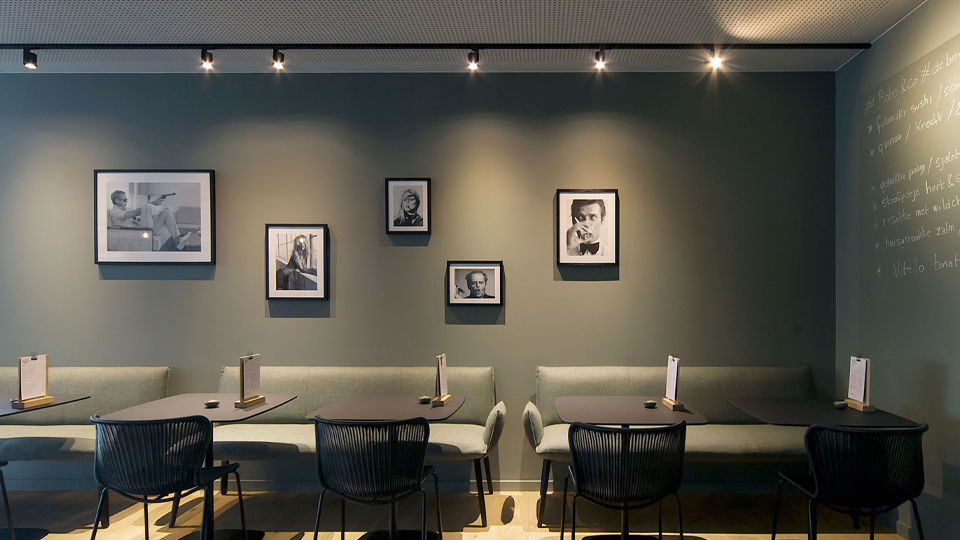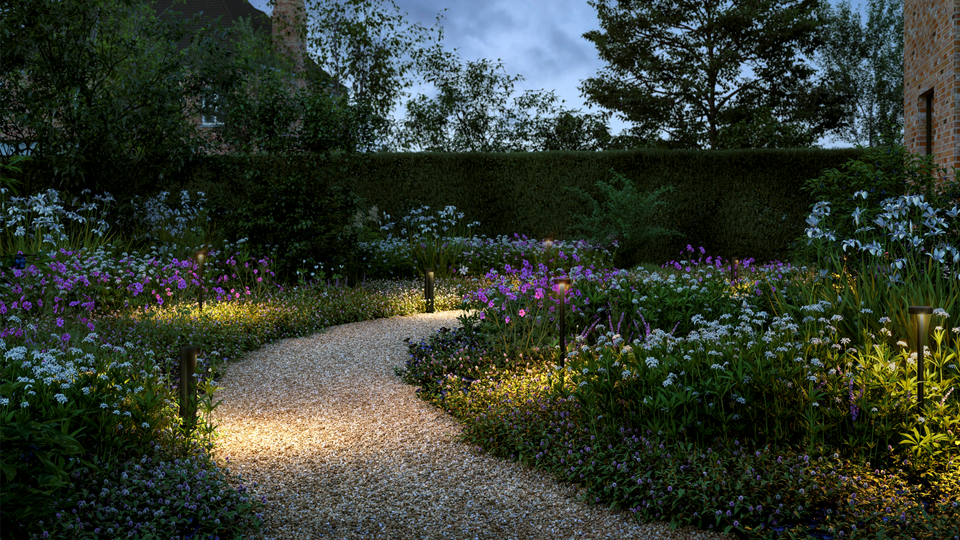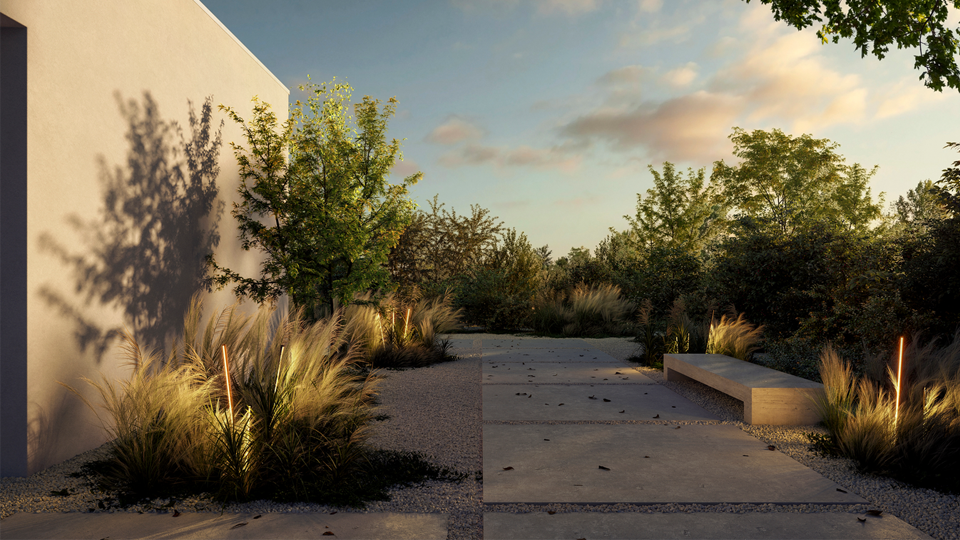
Understanding IP codes for indoor, outdoor, and water-resistant lighting
Table of contents
IP codes play a crucial role in choosing lighting for different environments, as they indicate how well a luminaire is protected against dust and water. Let's delve deeper into the relevant IP codes for these different applications.
Indoor lighting (IP code for dust and water resistance):
IP20: This is a standard IP code for indoor lighting.
IP44: This is a common IP code for indoor lighting in damp areas such as bathrooms. It provides protection against splashing water from all directions and is suitable for zones around sinks and showers where moisture may be present.
IP65: This IP code is suitable for indoor lighting in environments where direct contact with water may occur, such as above showers or bathtubs. It provides protection against water jets from all directions and is therefore waterproof.
Outdoor lighting (IP code for dust and water resistance):
IP44: This is the minimum IP code recommended for outdoor lighting. It protects against splashing water from all directions and is suitable for use under canopies or in sheltered outdoor locations.
IP65: This IP code is ideal for outdoor lighting directly exposed to rain and weather conditions. It provides protection against water jets from all directions and is therefore suitable for open outdoor spaces.
IP67: For lighting that can withstand immersion in water, such as in ponds or fountains, IP67 is the appropriate choice. It offers protection against temporary immersion in water up to 1 meter deep for 30 minutes.
- Understanding IP codes is essential when selecting the right lighting for various applications and environments. Whether it's indoor lighting that provides protection against dust and moisture in bathrooms, outdoor lighting that is resistant to rain and weather conditions, or specific water-resistant lighting for showers and immersion zones, the correct IP code ensures safety, durability, and performance of your lighting fixtures. Therefore, always make sure to check the IP rating before choosing lighting for a specific location or application.
Read more
Related Posts
Choosing the right lights for your bathroom can be a challenging task. Besides esthetic and functionality, you should consider safety, especially because of the damp conditions. You also have to consider the right IP code.
In the world of modern interior lighting, the popularity of magnetic rails has increased explosively over the last few years. At Light and Shade, we often get the question: "Why are the prices of magnetic rails so sharp?" Click on to find out.
Magnetic rail systems have won a lot of popularity over the last few years because of their wisdom and modern appearance. One of the most asked questions about magnetic rails is how long they can be and if they can make turns.
Magnetic rail lighting has become a popular choice for his flexibility and modern appearance in both residence and commercial spaces. If you're considering installing magnetic rail lights, but not sure how to handle this, you're here at the right address.
In the world of interior design and lighting technology, rail systems play a crucial role. These systems provide flexibility and functionality, allowing lighting to be placed in a dynamic way and adjusted. An important consideration in choosing a rail system is the difference between 1 phase and 3-fashioned rail systems.
In lighting your garden, it's important not only to look after esthetic and functionality, but also for durity and safety, especially given the different weather conditions. An essential aspect here is the IP code of lighting. In this blogpost, we'll explain what IP codes are and how you choose the right lights for different areas in your garden.
In the world of architecture, lighting is a crucial role that goes beyond practical use. It forms the essence of how we experience spaces, how we feel when we're in it and how we observe the architecture. By cure of carefully placed lights and armatures are not only provided for the necessary clarity, but is also created an atmosphere that strengthens the architectural beauty and enriches.
Enlightenment is an essential part of every interior or external design, and choosing the right driver for your enlightenment system is crucial to optimal achievements and sustainability. Whether you're using LED-strips, mocks or other forms of LED lighting, a good driver will make sure your lights work efficiently and go along for a long time.
Enlightenment is an essential element in every interior design, and at Light and Shade, we understand the art of creating a perfect balance. Whether you want to defraud your living room, kitchen or bathroom, our custom-made light plans are designed to transform your space and create the desired atmosphere.
Connecting a lamp doesn't have to be complicated. With the right instructions and some basics, anyone can fix this job.



